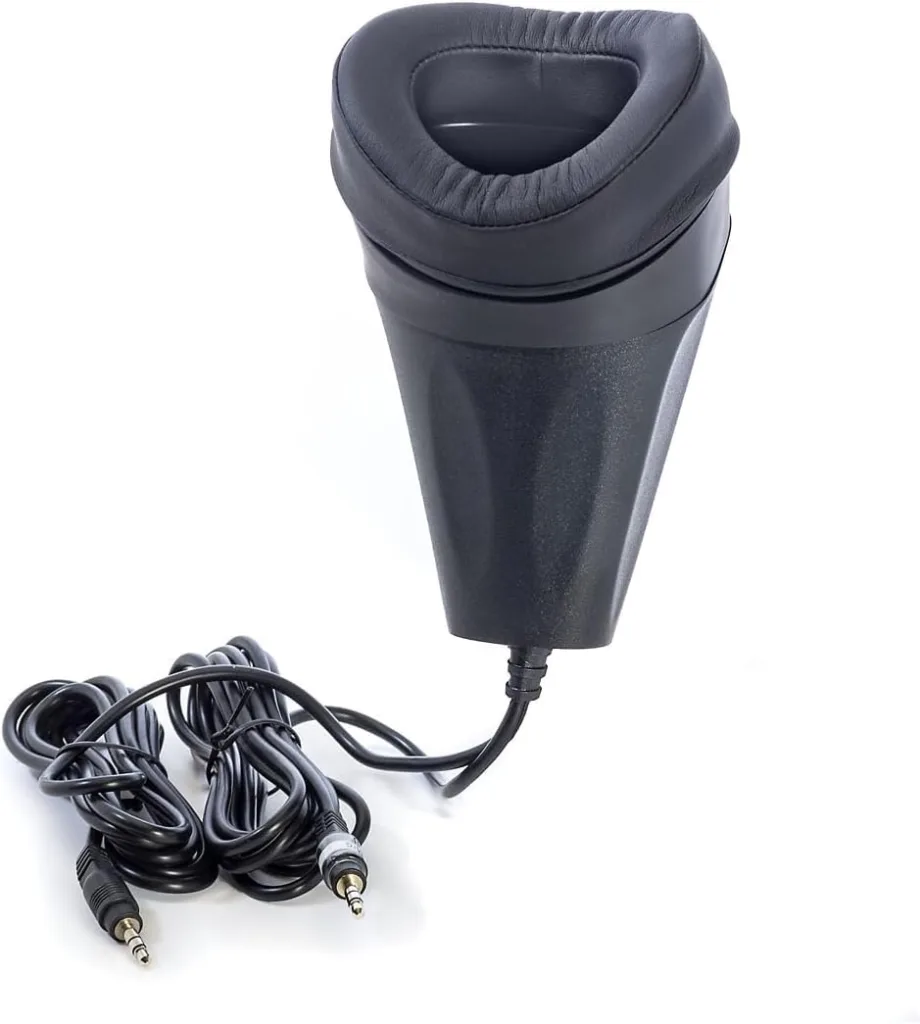Eden’s Journey as a Blind Court Reporter and Business Owner
Eden Brown is a freelance court reporter and verbatim voice writer based in Vancouver, Washington. She works as an independent contractor for multiple agencies and co-owns a registered limited liability company (LLC) with her husband, who is her business partner and co-editor. Together for ten years and recently married, the couple combines their skills to successfully run their business.
Background and Personal Life
Eden was diagnosed with optic nerve dysplasia (OND), a rare condition also referred to as De Morser syndrome. She attended a school for the blind during kindergarten and was later mainstreamed throughout her education. Fluent in braille, Eden balances her professional pursuits with personal passions: she plays the harp and piano, has a sweet spot for mint candy, and adores her pet rabbit.
Professional Pivot
Before becoming a court reporter, Eden worked as a Tarot card reader but chose to leave that profession due to ethical concerns. When she decided to pursue court reporting, she initially faced skepticism from agencies who were unsure about her ability to perform the work as a blind reporter. However, after seeing her skills firsthand, those same agencies—and fellow reporters—became some of her strongest supporters. Eden stresses the importance of being transparent about one’s abilities and seeking support when needed.
What is a Court Reporter?
Court reporters are highly trained professionals responsible for creating accurate, verbatim transcripts of spoken proceedings, including courtroom trials, depositions, arbitrations, and public meetings. The goal is to produce a clear and complete legal record.
There are two primary methods of court reporting:
- Stenography: Using a specialized keyboard (stenotype machine) to quickly type phonetic shorthand.
- Voice Writing: Repeating what’s said into a soundproof stenomask, with speech recognition software converting the reporter’s voice into text.
Court reporters must capture every word and indicate nonverbal elements like gestures, tone, and emotional reactions. Accuracy, discretion, and strong language skills are essential, and many reporters work as freelancers or own their own businesses — just like Eden.
Eden notes that court reporters can work in legal settings or alternative fields such as live captioning and Communication Access Realtime Translation (CART)—both of which can be offered virtually or in person. These roles focus on accurate, real-time transcription of a wide range of topics, rather than strictly legal content. CART, for example, may be used in settings such as conference proceedings, video captioning, and live theater. Because of this variety, learning the vocabulary specific to each subject area is essential to prevent errors.
To succeed as a freelance court reporter, Eden had to master both the profession’s core skills and the access technology that supports her work. She uses Eclipse CAT (Computer-Aided Transcription) software in combination with Dragon Speech Recognition Software and the JAWS® – Freedom Scientific screen reader. This multi-layered setup allows her to navigate and operate transcription tools effectively. Eden prefers Windows 10, noting that Windows 11 updates have not yet optimized compatibility with her software. She also uses a braille display, essential for reading and editing transcripts precisely.

As a voice writer, Eden uses a stenomask—a specialized, soundproof microphone that fits over the mouth. This device muffles the reporter’s voice to ensure clear audio input for transcription while preventing others nearby from hearing what is spoken. The stenomask is crucial for maintaining privacy and accuracy in realtime reporting environments.
Loving the Work
Eden describes her decision to pursue court reporting as one of the most rewarding choices she’s ever made. The path wasn’t easy—her certification training took 18 months of intensive study and practice. After completing the program, securing steady work took an additional six weeks. During that time, she focused on networking, building relationships with agencies, and promoting her capabilities as a voice writer.
Now fully established in the field, Eden finds great fulfillment in her career. Each assignment typically begins with several hours of capturing legal proceedings or depositions in real time. Afterward, she transitions to editing and proofreading the transcript to ensure accuracy and completeness. Her husband also plays a key role in the process, handling formatting and final document preparation to meet agency standards.
Time and Costs
The path to becoming a court reporter varies depending on whether one chooses traditional stenography or voice writing. Training programs can take anywhere from six months to three years. According to the Arkansas Court Reporting Association, certificate programs generally cost between $4,000 and $12,000, while associate degree programs may cost up to $57,000. Eden shares that her investment included $5,500 for Eclipse CAT and $700 for Dragon software.
Closing
Eden’s path offers insight to anyone navigating career change, disability, or the challenge of building something from the ground up. With honesty, adaptability, and a commitment to lifelong learning, she has created a professional life that aligns with both her values and skills.